Hi guys, how are we today? I hope you all are good. Take care of your mental health.
This week, we will be talking about Vaginismus, someone filled out the blog survey expressing their condition and I am writing this post to give more enlightenment on the issue. You can fill out the survey here.
Have you ever experienced difficulty with penetrative sex? I don’t mean for first-time sex alone, I mean all the time. Have you experienced tightening of the vagina even when you want to insert a tampon? It may mean you have Vaginismus.
It can make it very hard for virgins to have their first-time sex. It can be embarrassing for some people but this issue happens to other women too and the fortunate thing is there are treatment options like Kegels and even therapy for this condition.
You are not alone in your struggle.
What is Vaginismus?
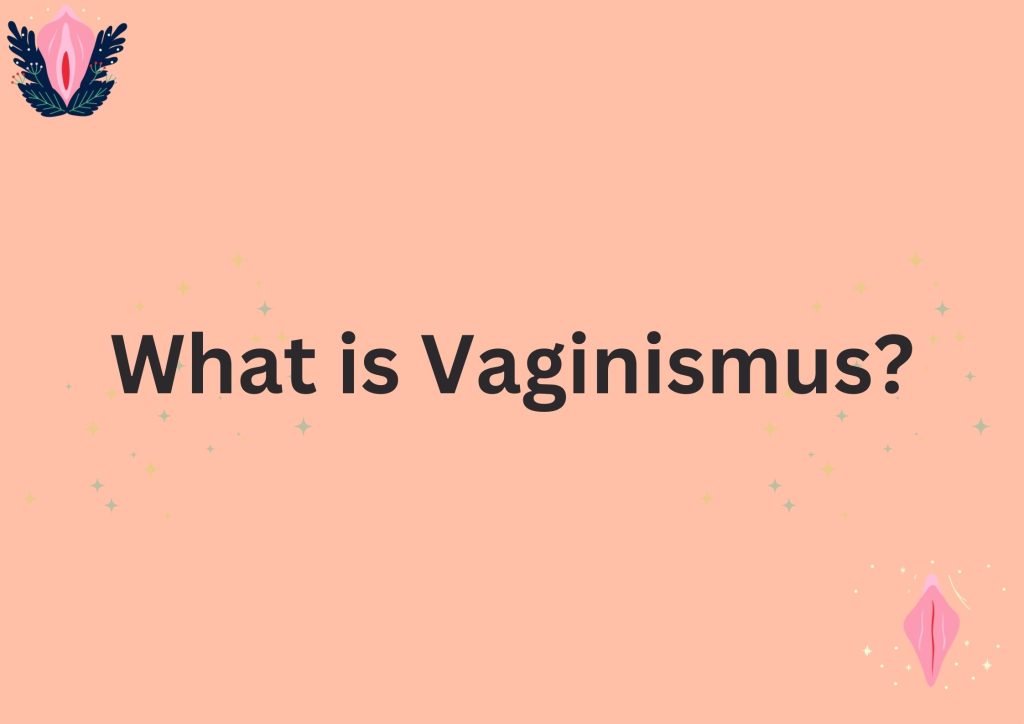
Vaginismus is a condition that causes involuntary or muscle spasms in the muscles around the vagina. This condition occurs when something be it a penis, finger, tampon, or even medical instrument attempts to penetrate the vagina. This condition makes it extremely painful for these penetrations.
It is classified under the Genito-pelvic pain/penetration disorder (GPPPD) a condition that makes it painful or impossible to have sex or undergo gynecological procedures.
1-7% of women globally suffer from vaginismus although this number is not accurate as some cases are not reported due to embarrassment or stigmatization of this condition.
Vaginismus can happen the first time someone wants to have sex or the first time they go to the gynecologist, it can also happen years after your first sexual penetration experience. The pain can range from mild to severe and the causes range from emotional, medical, or even both.
Types of Vaginismus
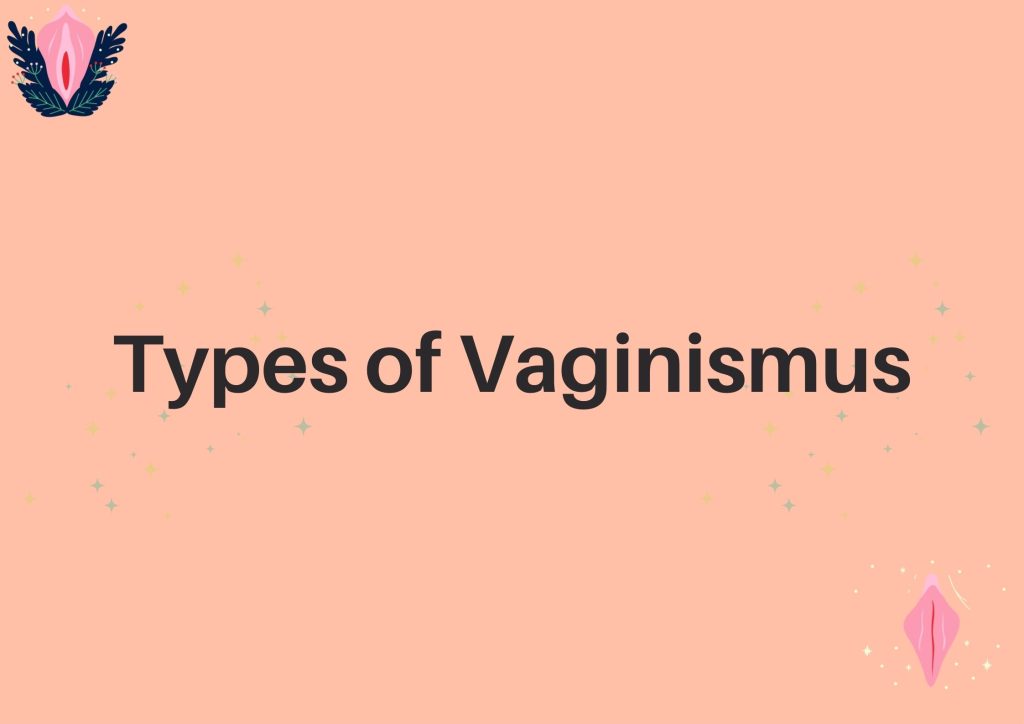
It can be grouped into four types:
- Primary Vaginismus: This occurs when a person experiences penetration of any kind for the first time. This kind of vaginismus will make it difficult for gynecological procedures. This vaginismus is called the “hitting the wall” sensation. When the penetration tries to occur, it is blocked by a wall of some sort then the vaginismus stops when the penetration attempt stops.
- Secondary Vaginismus: This kind occurs when a person has experienced sexual activities. It can be triggered by infection, childbirth, surgery, menopause, or a medical condition. This type can also be triggered psychologically by physical or emotional trauma.
- Global Vaginismus: This kind occurs in response to any type of penetration.
- Situational Vaginismus: This occurs in response to certain types of penetration like a person can insert a tampon but might not be able to have sex and vice versa.
Causes of Vaginismus
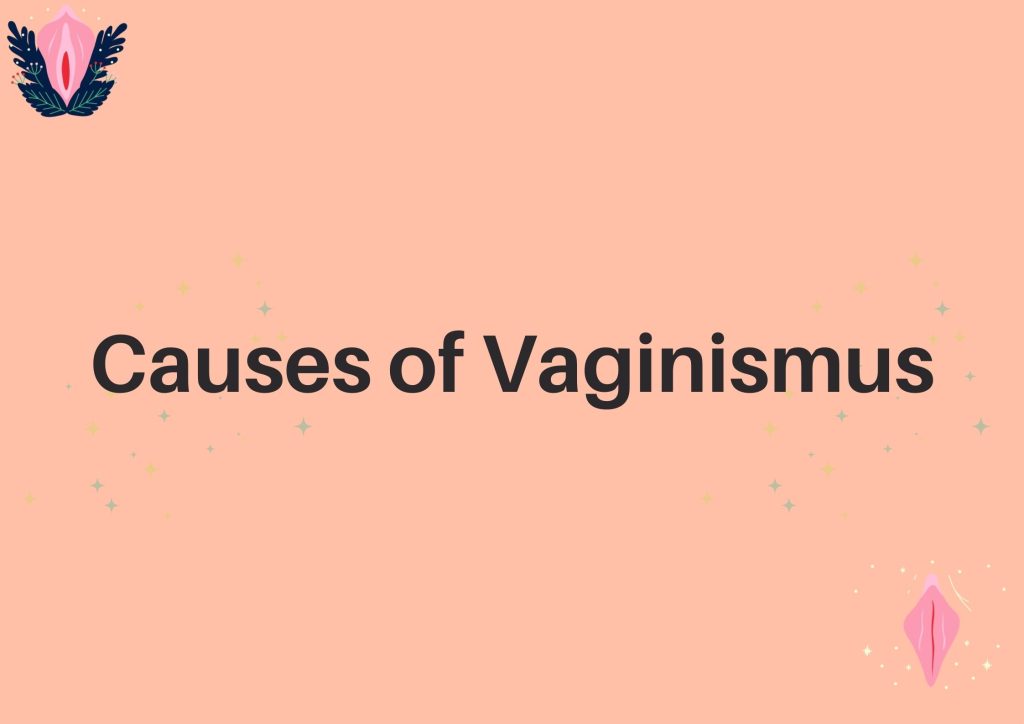
It can occur from physical or emotional issues and they can be classified into two.
Physical Triggers
- Infection; yeast, bladder infection, or urinary tract infections.
- Cancer
- Childbirth injuries; virginal tears
- Lack of vaginal lubrication
- Lack of foreplay
- Menopause.
Emotional Triggers
- Anxiety disorders
- Fear of sex or sexual trauma/abuse
- Virginal fright
- Relationship problems
- Childhood trauma.
Symptoms of Vaginismus
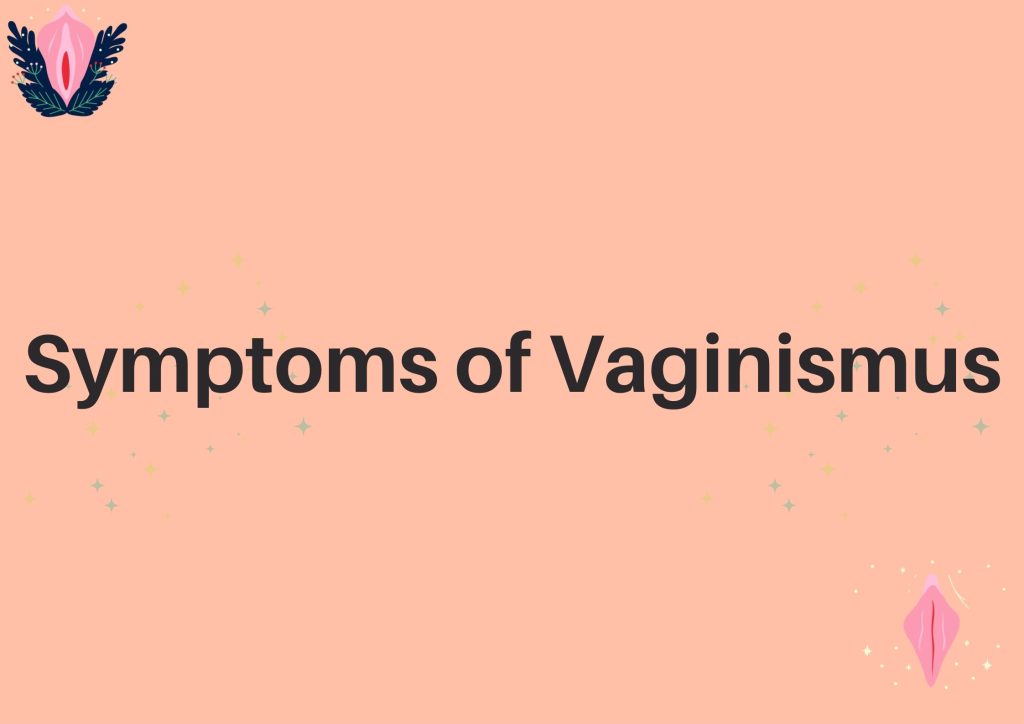
These symptoms can vary between women but the general ones include:
- Pain during sexual intercourse with tightness during penetration.
- Painful pelvic exam during gynecological procedures.
- Pain during tampon insertion
- Muscle spasms during attempted penetration.
These pain can range from mild to a burning feeling but they do not prevent someone from being aroused sexually. A person experiencing vaginismus can still have orgasms from clitoral stimulation (make sure to keep this in mind) although some people can still have problems with orgasms.
Diagnosis of Vaginismus
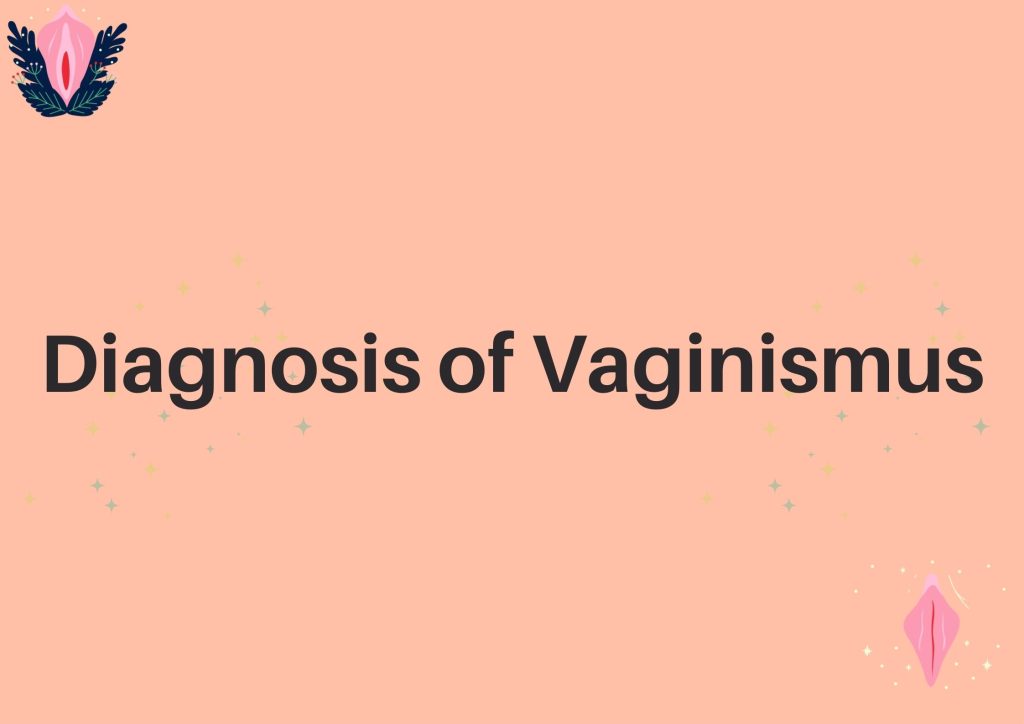
A doctor or your medical provider will ask you about your medical and sexual history and carry out a pelvic examination to help confirm the presence of your muscle spasms by applying a numbing cream to the outside of the vagina. They will first rule out any infection possibility because focusing on diagnosing vaginismus.
It can be diagnosed if a person has experienced any of these symptoms for at least 6 months;
- Vaginal difficulties during sexual intercourse
- Pain during attempted penetration.
- Tightening of the muscle or muscle spasms during penetration.
- Fear or anxiety about vaginal penetration.
Treatment of Vaginismus

- Pelvic Floor Physical Therapy: A physical therapist will instruct you on muscle contraction and relaxation activities such as kegel exercises to improve the control of the pelvic floor muscles.
- Cognitive Behavioral Therapy (CBT): This form of therapy will help you understand how thoughts can affect your emotion and behaviors.
- Sex Therapy: Trained sex therapists can help you find pleasure again in sexual activities.
- Vaginal Dilator Therapy: A vaginal dilator is a tube-shaped device that comes in various sizes that stretch the vagina. Women can use these devices to make themselves feel comfortable with vaginal penetration, you have to first use numbing cream to make insertion easier.
- Topical Therapy: Topical lidocaine or compound creams may help with pain associated with this condition.
Summary
Most women who experience vaginismus will no longer experience it after treatment but treatment will take time; just be patient.
It is important to remember that this condition is really painful and treatment length can vary from the severity of the symptoms a person can experience.
Make sure to talk to a doctor if your partner or any known female relations of yours express concerns about vaginismus. Remember this condition can be embarrassing so make sure to provide a safe space for them.
Please share this post and subscribe to get updates. You can contact me or send an email to Sameerah@eroticsandwhatnot.com.
See you next week.


February 7, 2023 at 2:04 pm
I don’t know if I have vaginismus as have never had sex before.
When I had a boyfriend (few months ago, before we broke up), we do have issues about it because am scared of sex. Have heard and read of how painful it is. Even at 24 year old, I don’t want to experience it yet.
But there’s actually an issue. A finger can’t penetrate me without me feeling pain or getting scared.
My ex bf do complain of how tight I am and how scared he’s to penetrate so I wouldn’t pass out.
Sameerah, to be honest, we tried several times, but I wasn’t always ready and he couldn’t penetrate at all. Like, it couldn’t fit in. We stopped trying.
And I decided to let my body be. I haven’t even gone to the hospital to know if there’s something wrong or it’s because I haven’t had sex …..
I just had to let the words out now.
Thank you for posting this.